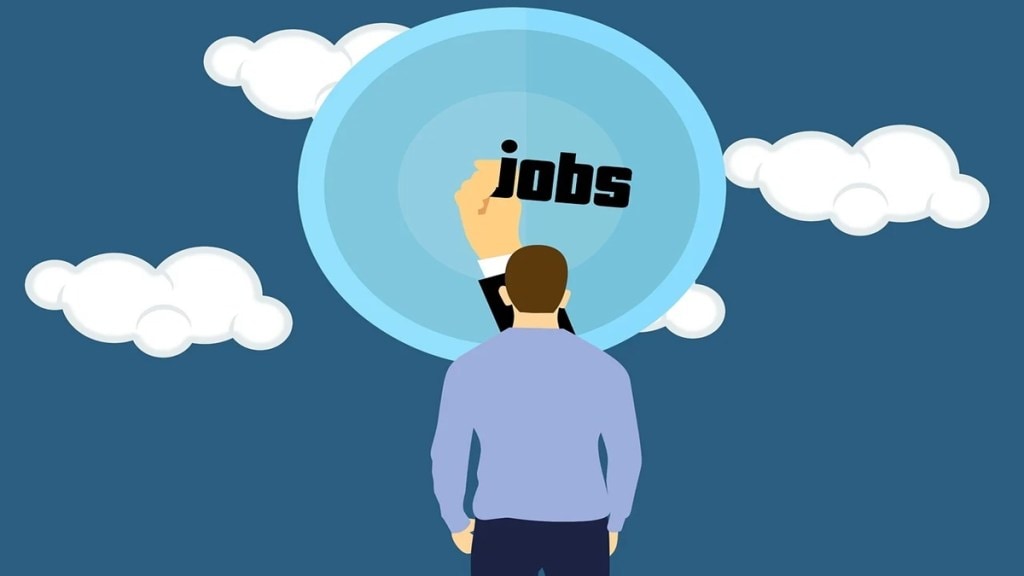By Sandeep Agarwal
We’re at the start of a transformative decade in which generative AI is already reshaping work, life and business. Nothing better captures the influence of technology on the general public than the Collins Dictionary selecting “AI” as the word of the year for 2023.
As a result, people might believe that in a future where artificial intelligence is unfailing, AI-based technology, at large, can do everything. It can quickly diagnose ailments; our groceries could be purchased by robots and delivered by self-driving cars; AI could even run trains and airplanes; and it could even prepare all our meals, without any human aid.
However, this is far from true. Despite the advancements in technology, the majority of jobs will still need to be performed by humans. So instead of trying to replace people, generative AI will be most useful when it comes to enhancing human creativity. In fact, the World Economic Forum predicts that AI will be a net job creator between now and 2027.
So let’s try to debunk some myths about AI and human jobs. Spoiler alert: Your jobs are safe, and if anything, they are better enhanced because of AI.
No AI, No Job?
With the advent of AI, over half of the skills that people use on a daily basis at work will need to be revised. Hence, the employees who are skilled in AI might pose a threat to those who are not.
AI and Big Data jointly ranks 15th as a general core skill today, and it is the third most important skill that businesses are looking for at present. A striking 66% of leaders admit they wouldn’t hire someone without AI skills. Furthermore, 71% of these leaders would prefer to hire a less experienced candidate who has AI skills over a more experienced candidate without them. For instance, emerging job roles such as prompt engineers, AI trainers, AI auditors, data detectives, and AI ethicists require specialized skills and knowledge, underscoring the importance of rapid reskilling and upskilling within the workforce.
Many employees are capable of and willing to be self-motivated. As a result of which there has been a 160% spike in the use of learning courses designed to build AI aptitude. However, in certain instances, companies will have to pay for this upskilling and reskilling. Hence, businesses are increasingly investing in training programs to upgrade their workforce skills and address talent gaps in their organizations.
Also read: Deeptech surge in 2023: India sees 480 new startups but faces funding struggles
In India, specifically, the technology companies are involved in this transformation. Over 94% of Indian firms invest in upskilling their employees because of the progress made by artificial intelligence technologies. For instance, tech giants have created AI research centers across the country where they run wide-ranging AI skilling programs through workshops and certifications.
The future is brighter than we think
There are people who still believe that cellphones can harm human health, regardless of the fact that this thought comes from limited and non-reputable sources. It is easier to look at new inventions and raise questions about its ill effects. Embracing innovation, on the other hand, has the potential to change things for better. Of course, every job will be impacted by AI. However, most of that will be augmenting the skills of the workforce rather than replacing them.
Humans created AI, which shows that there is little to no match for our skills and aptitude. In other words, humans will always triumph over AI and other technological systems in all aspects. Hence, rather than fearing AI or other technologies that crop up in the future, we can benefit from viewing them as an added tool that can ease the day-to-day tasks, and enhance our quality of work. In short, AI should be viewed as a complement to human capabilities rather than a replacement.
(The author is MD and global CTO of Visionet. Views are the author’s own and not necessarily those of financialexpress.com.)








